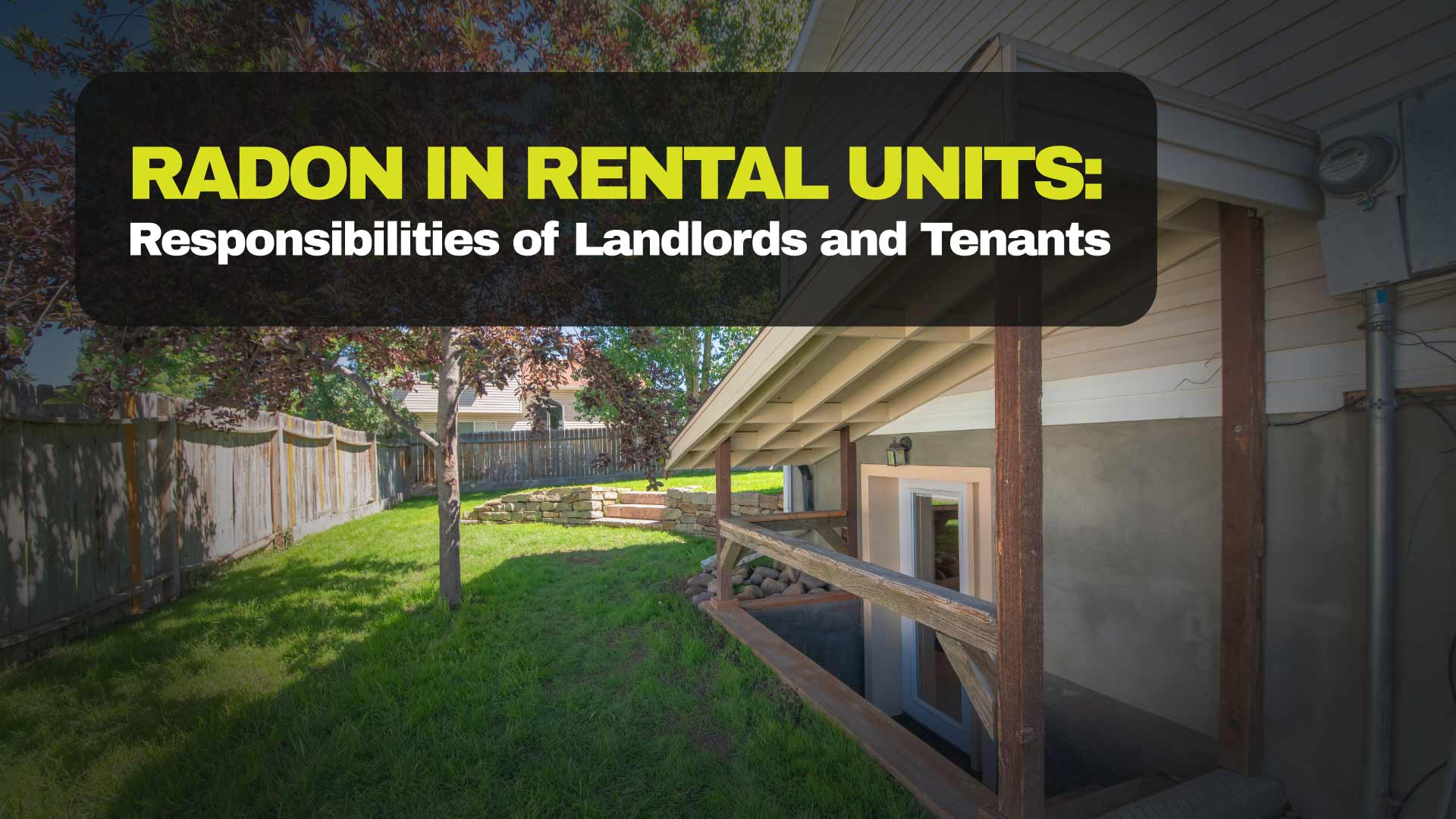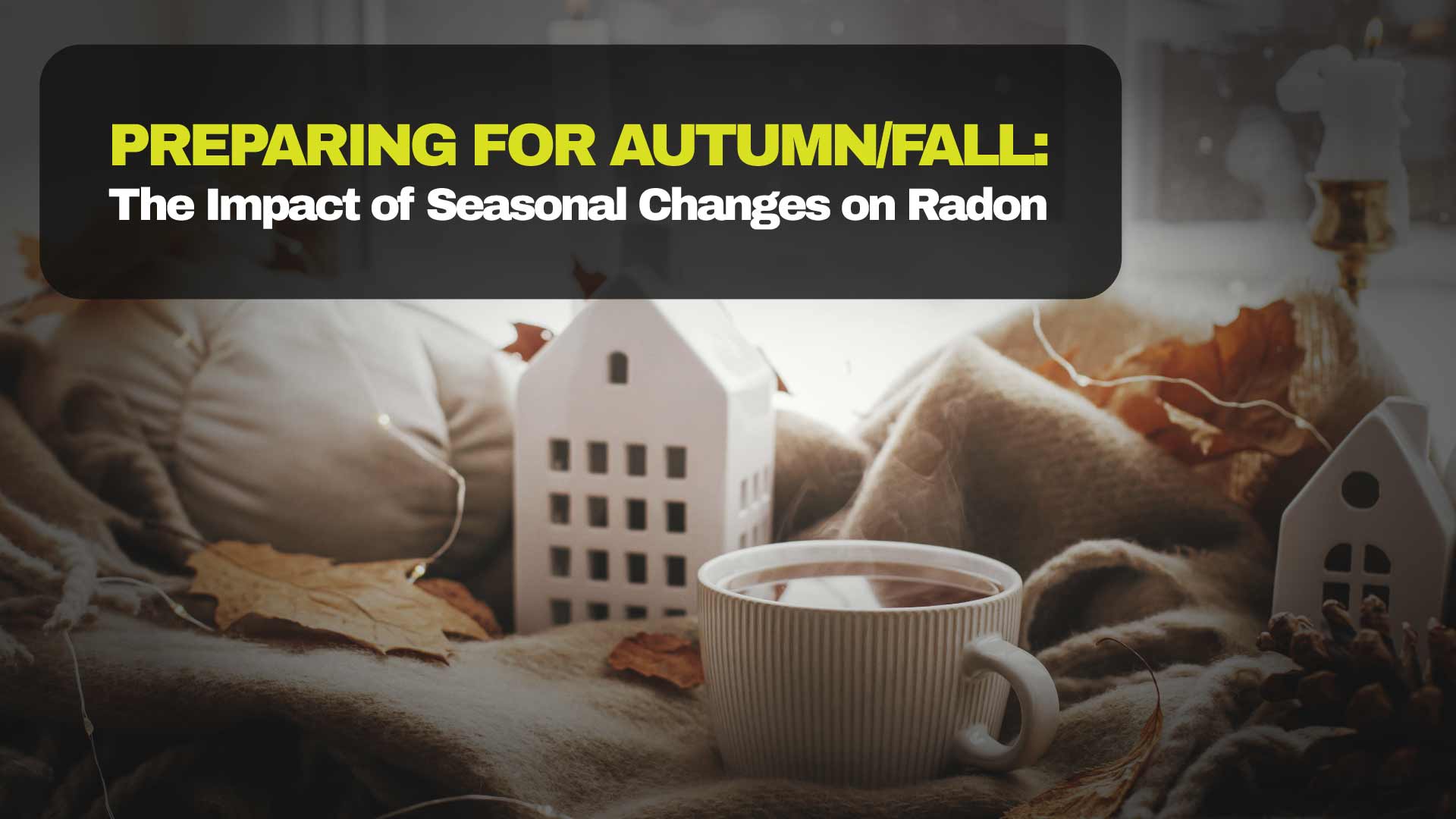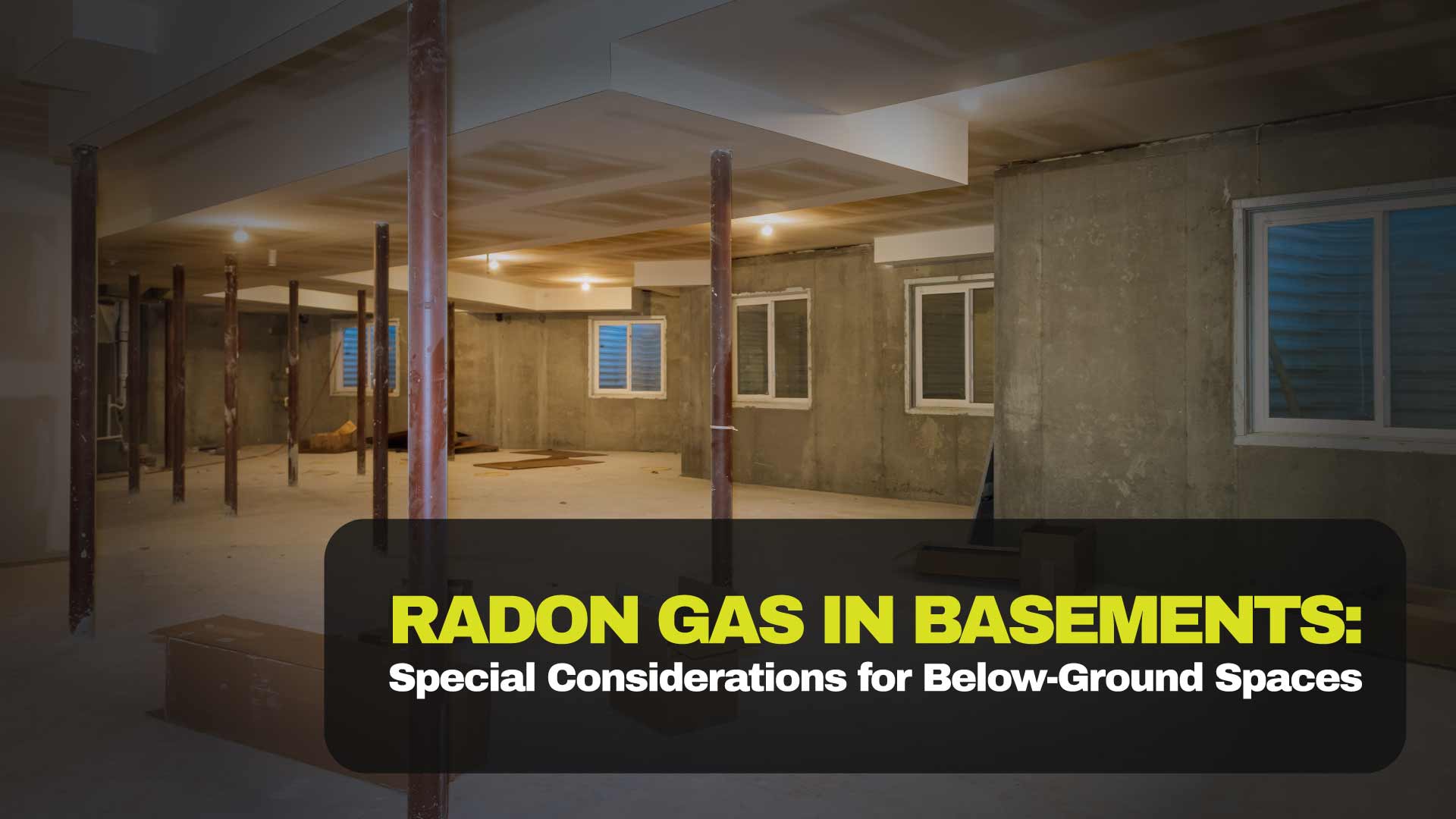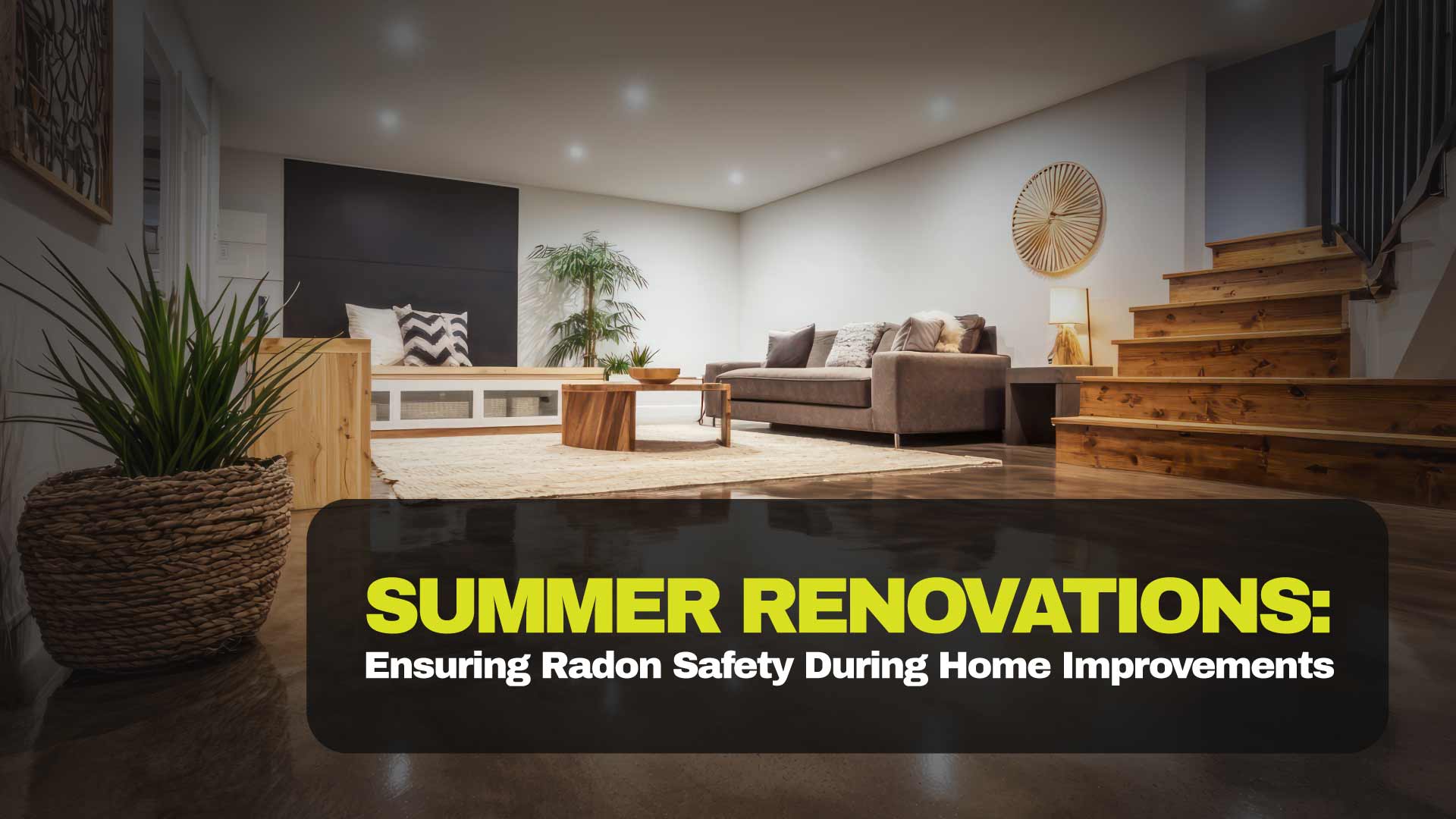Summary
Radon exposure is a serious health risk—and it doesn’t just affect homeowners. Tenants and landlords both play a role in ensuring rental properties are safe. Today we’ll explore the legal landscape in Ontario, the ethical responsibilities of property owners, and how both parties can work together to reduce the risks.
Why Radon Matters in Rental Properties
Radon is an invisible, odorless radioactive gas that can seep into any home—rented or owned. Long-term exposure to elevated radon levels is the second leading cause of lung cancer in Canada. With over 30% of Ontarians living in rental housing, ensuring those units are radon-safe is essential.
This is evermore important today with the recent rise of home-owners becoming landlords via basement apartment rentals. The basement of a home is typically where radon issue begin, so tenants renting un-protected basements are especially at risk.
What Does the Law Say in Ontario?
As of 2025, Ontario does not have mandatory radon testing or mitigation laws for landlords. However, there are key legal frameworks that can be interpreted to apply:
Ontario Residential Tenancies Act
Landlords must maintain rental units in a good state of repair, including compliance with health, safety, and housing standards. If radon levels exceed 200 Bq/m³ (Health Canada’s safety threshold), tenants could argue the unit is unfit for habitation.
Ontario Building Code
Newer homes must follow radon-resistant construction measures (e.g., sub-slab depressurization rough-ins). However, this does not guarantee safe radon levels unless testing and activation are done.
Landlords – Ethical & Practical Responsibilities
Even without a legal requirement, landlords have a duty of care and a strong ethical responsibility to provide a safe environment.
Best Practices for Landlords:
- Test all ground-level and basement units for radon—ideally with a long-term test (90+ days).
- Disclose results to current and prospective tenants.
- Mitigate elevated levels using a C-NRPP-certified radon professional.
- Retest every 5 years, or after significant renovations or HVAC upgrades.
Bonus: A radon-safe unit can be a selling point and reduce liability exposure.
Tenants – What You Should Know
Tenants have a right to live in a safe space—but they also share some responsibility.
Best Practices for Tenants:
- Ask your landlord if the unit has been tested for radon.
- If not, request a test or perform one yourself (but notify your landlord).
- If levels are elevated, document your request for mitigation in writing.
- Know that you may be able to escalate the issue to the Landlord and Tenant Board if no action is taken.
Shared Goal: A Safer Living Environment
Rather than a point of tension, radon safety can become an opportunity for landlords and tenants to collaborate:
- Landlords gain trust and lower legal risks.
- Tenants gain peace of mind and healthier living conditions.







